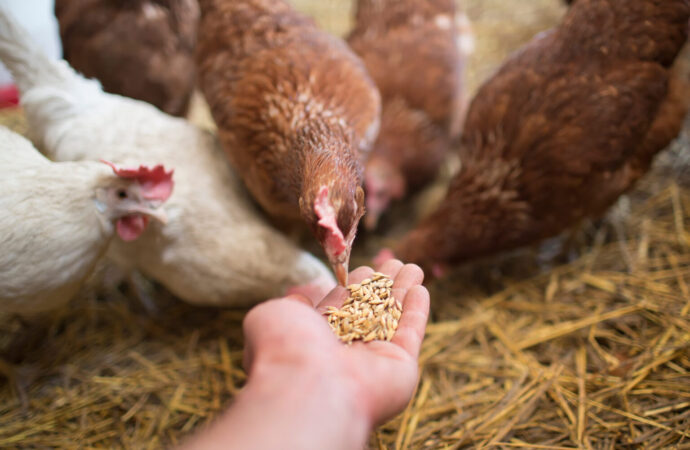Overview
FSSAI’s decision to ban certain antibiotics in animal food products could curb antimicrobial resistance (AMR) and enhance livestock farming in India, reports suggest. The ban, effective in October, covers meat, milk, poultry, eggs, and aquaculture, aiming to improve farming quality across the nation.
Impact of the Ban on India’s Livestock Farming Industry
GlobalData, a leading data and analytics company, described the decision as a crucial step to protect public health and combat AMR, which makes bacterial infections harder to treat with standard medications. “As one of the major producers and exporters of milk, eggs, fish, and poultry meat, India must regulate antibiotic use in livestock farming to remain competitive in the global market,” said Susmitha Bynagari, a consumer analyst at GlobalData.
Bynagari also emphasized that India must continue to monitor antibiotic usage in animal production to maintain the quality of its exports. “This ban on antibiotics in animal feed for meat and poultry is already in place in countries like Bangladesh, Sri Lanka, Thailand, Vietnam, and Singapore,” she added.
India’s Commitment to Reducing Antimicrobial Use by 2030
India has committed to reducing the use of antimicrobials in animal production by 30-50% by 2030. A recent GlobalData survey revealed that 73% of Indian consumers consider well-being when purchasing food and beverages, indicating a growing preference for healthier products. The report highlighted that this shift in consumer behaviour is driving the demand for more sustainable and safer food options.
Francis Gabriel Godad, Consumer Business Development Manager at GlobalData, stressed that FSSAI must enforce the ban on antibiotics in animal production nationwide to effectively address the AMR issue. He underscored the importance of adopting a bottom-up strategy to reduce antibiotic use in agriculture and protect public health in the long term.
Source: Mid-day
 Food Manifest
Food Manifest 


















